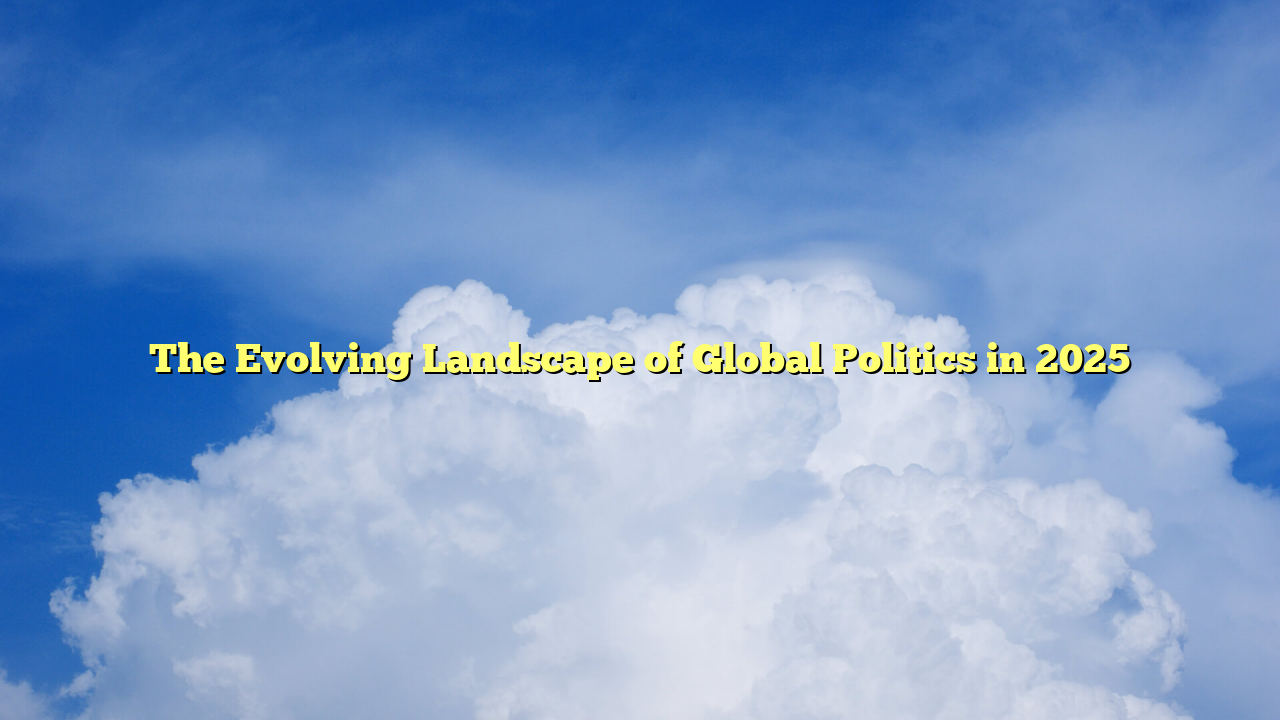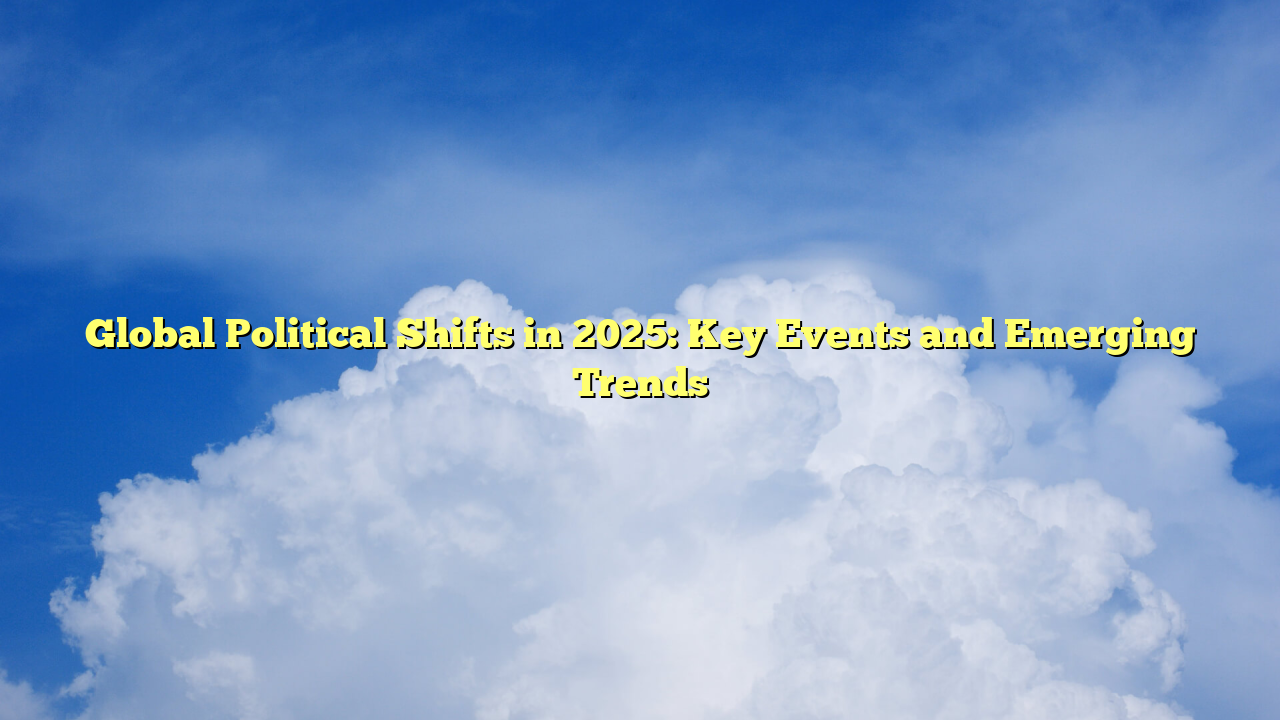Politics is constantly evolving, shaped by economic trends, social movements, and international conflicts. In 2025, the global political landscape is marked by major elections, shifting alliances, and pressing policy debates. Governments around the world are grappling with challenges such as economic recovery, climate change, and technological advancements, while international relations continue to be tested by diplomatic tensions.
Key Elections Shaping the World
This year, several major elections are taking place across different regions, influencing global stability and policy directions. In the United States, the presidential election is drawing international attention, with debates over economic policies, immigration reform, and foreign relations dominating the campaign. The election outcome will likely impact global markets and diplomatic ties, especially concerning relations with China, Russia, and NATO allies.
Meanwhile, in Europe, elections in the United Kingdom, Germany, and France are testing the strength of centrist governments against rising populist movements. Issues such as economic inflation, immigration policies, and the European Union’s future are central to political discourse. In Asia, India’s general election is expected to be one of the largest democratic exercises, with key topics including economic growth, military strategy, and digital governance.
Diplomatic Tensions and Alliances
Geopolitical tensions remain a major concern in 2025. Relations between the United States and China continue to be strained over trade disputes, military presence in the South China Sea, and technological competition. The U.S. has been working with allies in the Indo-Pacific region, such as Japan and Australia, to counter China’s growing influence. At the same time, China has strengthened its ties with Russia and several developing nations through trade agreements and infrastructure investments.
The war in Ukraine remains a focal point of international politics. While diplomatic efforts for peace continue, economic sanctions on Russia persist, affecting global energy markets and inflation rates. European countries are increasing their defense budgets in response to security concerns, with NATO playing a crucial role in maintaining stability.
In the Middle East, negotiations over Iran’s nuclear program have resumed, with mixed results. The region remains volatile due to ongoing conflicts and shifting alliances. Meanwhile, African nations are pushing for stronger economic partnerships with both Western and Eastern powers, aiming for greater self-reliance and investment in infrastructure.
The Role of Technology in Politics
Technology is playing a crucial role in shaping political discourse and governance. slot4d of artificial intelligence (AI) and big data is influencing election campaigns, policy-making, and national security strategies. Governments are using AI to analyze voter trends, manage public services, and combat misinformation. However, concerns over data privacy, surveillance, and election interference remain hot topics.
Social media continues to be a double-edged sword in politics. While it provides a platform for political activism and free speech, it also spreads misinformation and fuels polarization. Policymakers are debating stricter regulations on digital platforms to prevent election manipulation and cyber threats.
Climate Change and Policy Debates
Climate change remains a top global concern in 2025, with countries facing increasing pressure to implement sustainable policies. The recent United Nations climate summit led to new commitments on carbon reduction, but debates continue over the balance between economic growth and environmental regulations.
The transition to renewable energy is a key focus, with governments investing in solar, wind, and nuclear power. However, developing nations are calling for more financial support to meet climate goals without sacrificing economic progress. The push for electric vehicles and green infrastructure is reshaping industries, creating both opportunities and challenges for global economies.
Economic Challenges and Global Trade
The world economy is recovering from recent inflation spikes and supply chain disruptions. Central banks are adjusting interest rates to balance inflation control with economic growth. In the U.S. and Europe, debates over taxation, labor rights, and social welfare programs are shaping economic policies.
International trade remains a contentious issue, with new trade agreements being negotiated. The European Union and the United States are working on stronger economic ties, while China continues expanding its Belt and Road Initiative to strengthen trade partnerships with developing countries.
Conclusion
The political landscape in 2025 is dynamic, with elections, international conflicts, and technological advancements shaping the future. As governments navigate these challenges, global cooperation and strategic decision-making will be crucial in maintaining stability and progress. The coming months will determine how nations respond to emerging political and economic realities, influencing the course of history for years to come.
The Evolving Landscape of Global Politics in 2025



